Does Morrison cut the mustard?
The first quality Napoleon Bonaparte sought in his generals was that they were lucky. Scott Morrison would have qualified.
Two days after his swearing in, Newspoll recorded the worst Coalition result for a decade. Its primary vote tumbled to 33 per cent, nine percentage points below its 2016 election showing; the two-party preferred metric was Coalition 44:Labor 56. So when parliament resumes on Monday, Newspoll will ‘bounce’ and Morrison can say he is ‘closing the gap’.
Consider also that Morrison is prime minister today because after the Longman by-election former Minister for Home Affairs, Peter Dutton, had the courage to challenge Malcolm Turnbull’s leadership. But for that, Turnbull would still be PM.
Mind you, Morrison seems to have a strange way of showing gratitude. His new ministry has effectively demoted Dutton, leaving him as Minister for Home Affairs but stripping him, in all but titular terms, of responsibility for Immigration and Border Protection (where he had been outstandingly successful). It is too soon to assess his replacement, David Coleman, but his membership of the ‘moderates’ (read lefties) does not bode well. Nor does his portfolio title: Immigration, Citizenship and Multicultural Affairs. Seeking now to attract back all those former conservative voters who deserted Turnbull, does Morrison really need renewed emphasis on the failing ‘multicultural’ aspects of our immigration policies?
Everyone who seeks, as I do, to avoid a Labor government must wish Morrison well; and since Turnbull’s sacking, and Julie Bishop’s relegation to the backbench, were essential if the Dis-Cons (disaffected conservatives) were to be mollified, he has in that sense made a good start. However, Dutton’s demotion arouses more widespread questions about the new ministry.
The fact is that Morrison owes his election to all those left and far left Liberals who previously supported Turnbull, and this is reflected in his appointments. Several things stand out.
First, with a couple of notable exceptions, his new ministry seems little changed in orientation from its predecessor. Second, from a revolt by Queensland Liberal National Party members (and even the LNP machine’s president), there has emerged a NSW leader and a Victorian deputy leader. Talk about giving those rednecks the back of the party room’s hand!
Next, who were the failures, and the successes, of the Turnbull government, and how have they now fared? The two outstanding failures were Marise Payne, now promoted as Minister for Foreign Affairs, and Simon Birmingham, now promoted as Minister for Trade, Tourism and Investment and Deputy Leader of the government in the Senate. Josh Frydenberg would doubtless plead ‘the Nuremberg defence’ – that his failure with energy policy was all due to ‘superior orders’ from Turnbull. Another view would be that he lacked the guts to stand by his own beliefs: whatever, he is now Treasurer. And then there is Christopher Pyne, leader of the ‘Black Hand’ far left faction, now promoted as Minister for Defence.
Two important ‘successes’ have been promoted. Angus Taylor, whose obvious talents were conspicuously overlooked by Turnbull, has been appointed to Cabinet as Minister for Energy to clean up Frydenberg’s mess; and Dan Tehan has also been appointed to Cabinet as Minister for Education to repair the Birmingham shambles. But Michael Sukkar, a real contributor as Assistant Treasurer, has been dropped entirely; and to render that even more incomprehensible, replaced by Morrison’s flatmate, Stuart Robert, previously sacked by Turnbull on conflict of financial interest grounds.
Outside the ministry, Morrison extended so-called ‘olive branches’ to Barnaby Joyce and Tony Abbott in ‘Special Envoy’ roles. In Abbott’s case, the role of Special Envoy for Indigenous Affairs is not so much an olive branch as a piece of poison ivy, as reactions from all those taxpayer-funded Aboriginal industry free loaders are showing. Abbott’s acceptance of such a calculated insult can only be due to his putting the interests of getting the new government re-elected over his own self-respect. For the moment, then, Morrison’s ruse denying Abbott any meaningful role has worked. But remember this: if there is one talisman to which those Dis-Cons will turn when deciding whether to return to their former Liberal affiliations, it will be their assessment of how Abbott has been treated. There is only one word for that – shamefully.
On personnel grounds, then, the new Ministry fails the test. Despite all those honeyed words about ‘re-uniting the party’, Morrison’s appointments are inconsistent, overall, with that objective.
Can this failure be outweighed by major policy changes of a kind likely to appeal to a presently disenchanted electorate? Naming the drought as his immediate concern struck a good note, and Taylor’s speech effectively discarding any concerns over carbon dioxide emissions in the energy policy framework was admirable as far as it went. But the Paris Agreement, to which Morrison says he is still committed, extends way beyond emissions from power production, as well as signing us up to the much under-remarked financial handouts to the Green Climate Fund.
Immigration policy (and border protection) will be a key test. The conservative electorate is fed up with the high overall rate of immigrant intake (Net Overseas Migration) and with the rorts for which the temporary visa category is notorious. Is Coleman going to do anything effective in those areas? We must wait and see, but I doubt it.
A fortiori, will he do anything to assuage the rising anger among those who object to admitting those migrants (particularly Muslims, and those from violence-prone African countries) who continue to show that, unlike their predecessors, they are not interested in fitting in to our culture, but want us to accept theirs? I doubt that even more strongly. This Dis-Con, then, remains to be convinced.
Got something to add? Join the discussion and comment below.
Get 10 issues for just $10
Subscribe to The Spectator Australia today for the next 10 magazine issues, plus full online access, for just $10.
You might disagree with half of it, but you’ll enjoy reading all of it. Try your first month for free, then just $2 a week for the remainder of your first year.

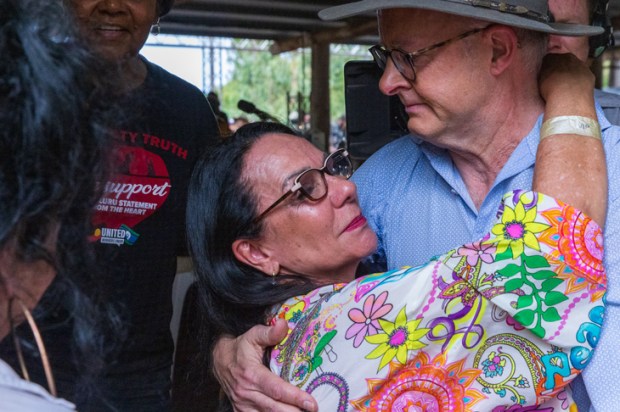
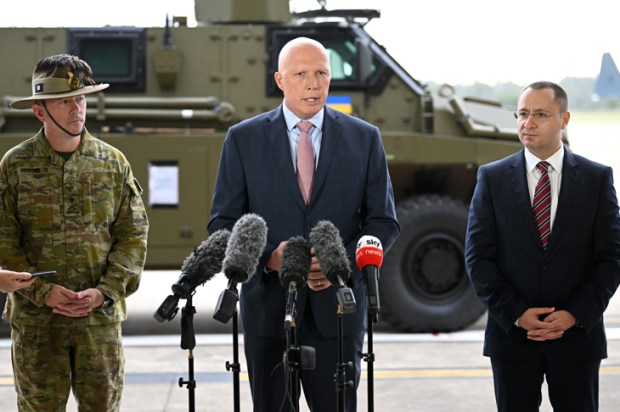
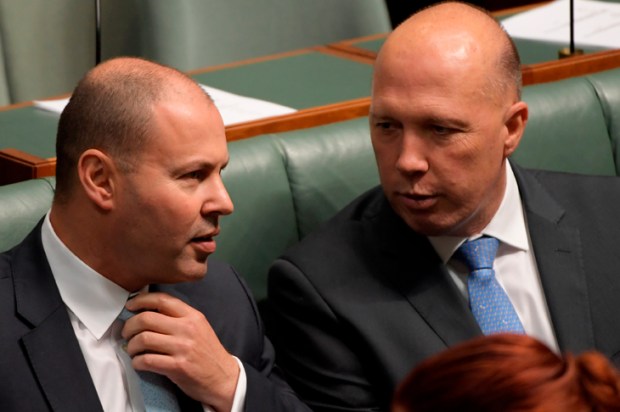
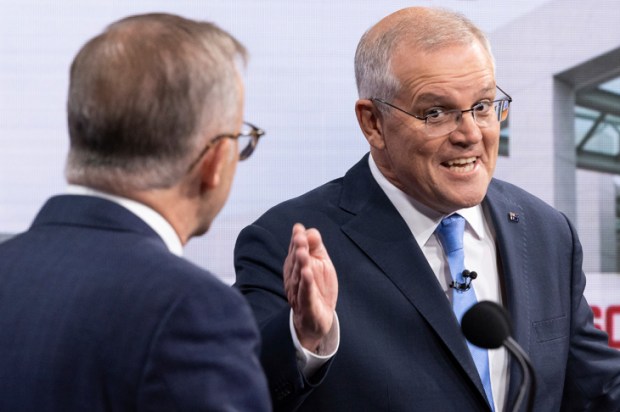
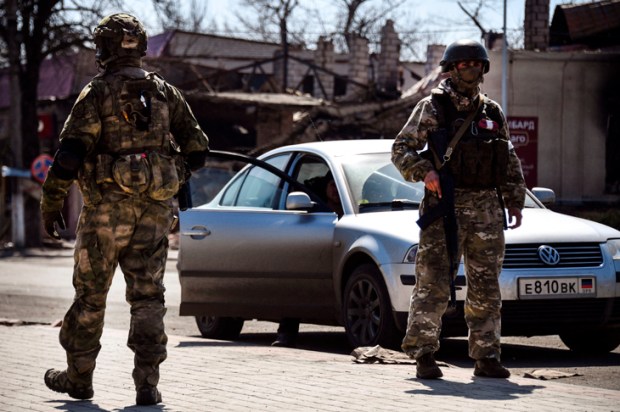
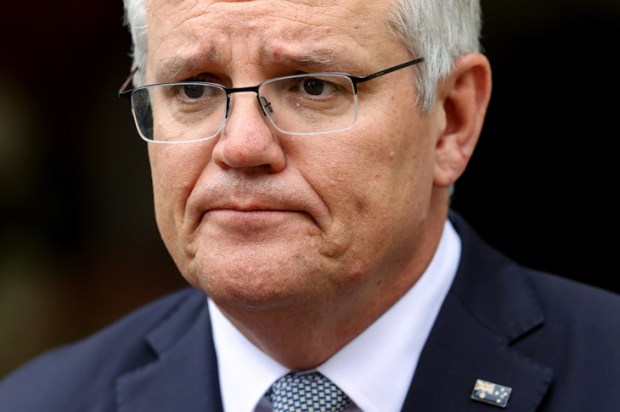






Comments
Don't miss out
Join the conversation with other Spectator Australia readers. Subscribe to leave a comment.
SUBSCRIBEAlready a subscriber? Log in